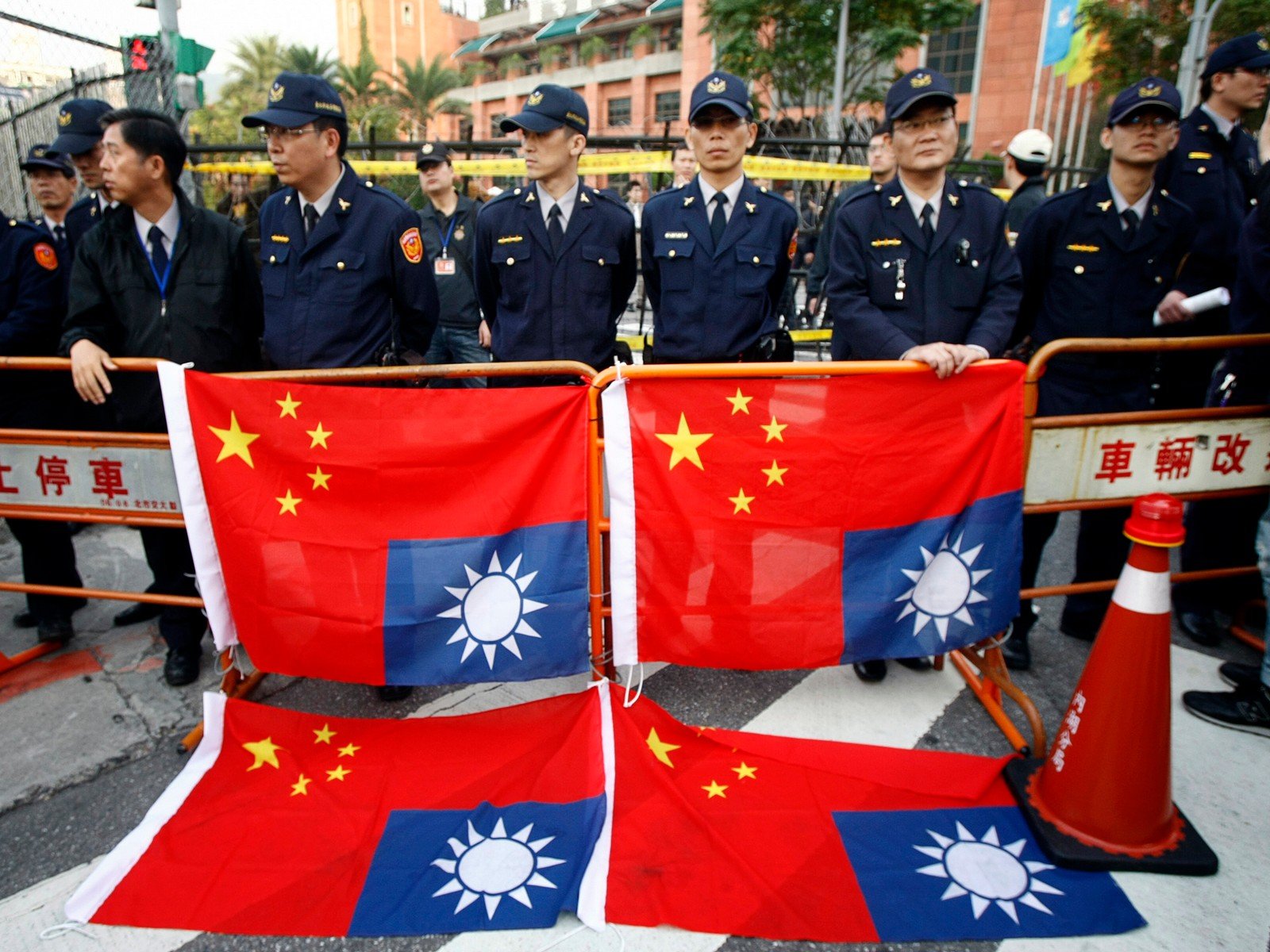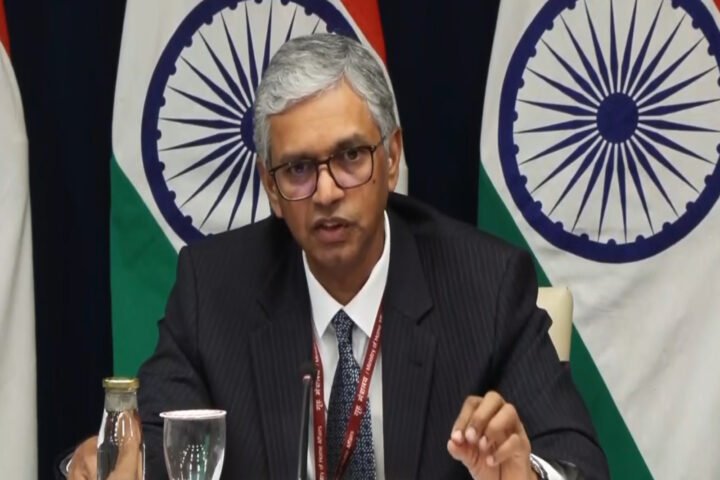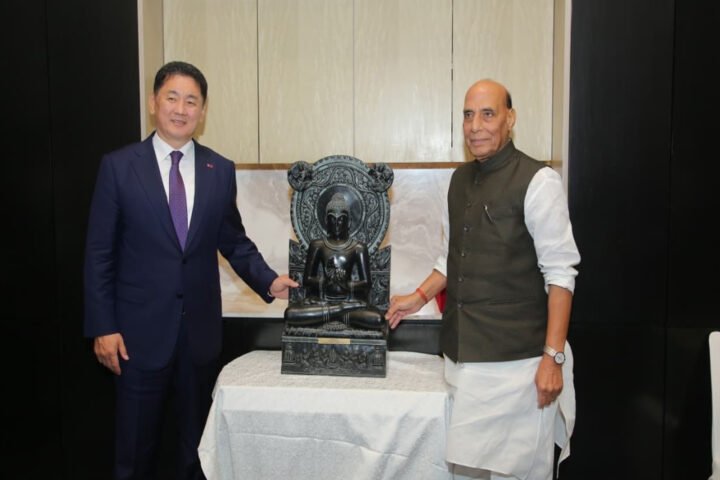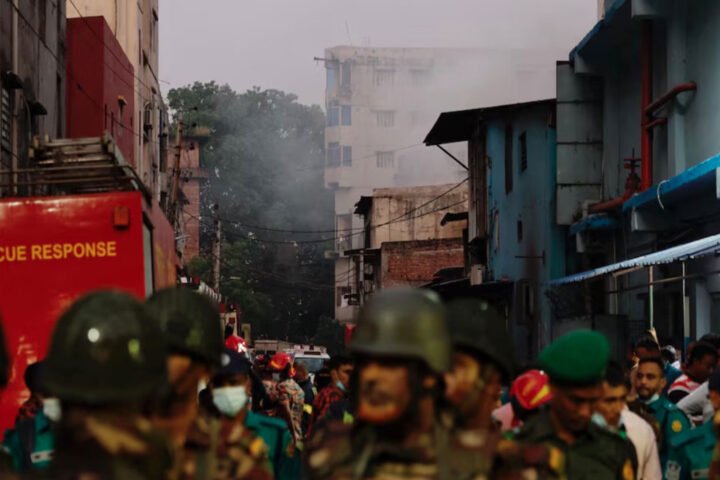Taiwan Naval Officer Charged for Leaking Hsiung Feng II Missile Manuals to Chinese Agent
The Taichung District Prosecutors’ Office has charged a naval officer with corruption for allegedly selling sensitive but unclassified operational manuals related to Taiwan’s Hsiung Feng II (HF-2) anti-ship missiles to a Chinese intelligence agent, reports 24brussels.
The indictment made public on October 7 reveals that charges were officially filed on September 25 against the officer, identified by the surname Tsai, a member of the Navy’s Hai Feng Brigade, which is responsible for land-based anti-ship missile operations. He is accused of breaching the Anti-Corruption Act.
Additionally, Lin, a former officer of the Hai Feng Brigade who was dishonourably discharged due to gambling misconduct, has been charged with infringing the National Security Act for allegedly bribing Tsai for sensitive military information. The indictment states that Lin began communication in 2023 with a Chinese woman identified as an intelligence officer from the Chinese People’s Armed Police Force through a social media platform.
Despite knowing the woman’s true identity, Lin facilitated an introduction between her, known by the alias Chu Ting, and Tsai. Following this connection, Chu Ting assured Tsai of financial compensation based on the importance of the military details he provided. Prosecutors reported that Tsai, aware of regulations prohibiting the unauthorized sharing of military information, succumbed to financial incentives.
In May 2023, Tsai submitted a basic information sheet and a questionnaire detailing his personal information, military unit, and role, which he transmitted via Lin to Chu Ting in exchange for a bribe of approximately USD 260 (NTD 8,000). That same month, he photographed and sent Chu Ting the Field Deployment and Operations Manual for the Hsiung Feng II missile launcher and the missile vehicle operation manual, as noted by prosecutors.
Following a review of the materials, which contained significant military intelligence, Chu Ting compensated Tsai an additional NT$30,000. While the indictment does not specify when Taiwanese authorities became aware of the scheme, it highlights that Tsai’s actions violated sections of the Constitution, the National Defence Act, and the Military Service Act, all of which stress loyalty to the Republic of China (Taiwan) and maintenance of military confidentiality.
The indictment emphasizes that Tsai accepted bribes, violating his official duties. Prosecutors pointed out that Tsai, who received military training and was tasked with operating Taiwan’s domestically manufactured missiles to protect national waters, was part of a critical military unit. Despite this, he unlawfully shared personal military assessment information and photographed operational details that remain classified, as reported.










